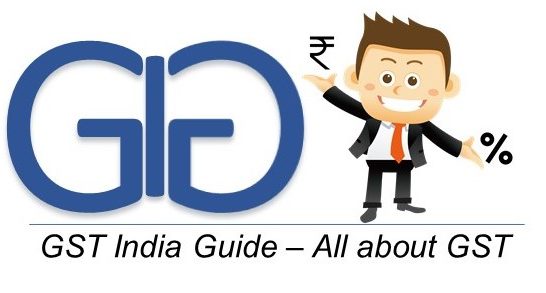Gas Authority of India Limited wants natural gas to be brought under the ambit of goods and services tax (GST) as this will provide a boost to the government’s intent to increase the contribution of gas in the country’s energy mix to 15 per cent in another five years.
“The natural gas sector has not been able to realise its full potential until now because of apathetic government policies, including multiple stiff taxation on it such as excise, VAT, octroi and other such local levies and, therefore, it needs to be subsumed in the GST regime with new integrated energy policy in place which can offer a preferential treatment for natural gas,” B. C. Tripathi, chairman and managing director of GAIL (India) said at an event.
He said “natural gas share in the energy basket could increase to the intended 15 per cent only with the suggested prescriptions”.
India has set a target of natural gas contributing 15 per cent to the energy mix by 2022 from 6.5 per cent now. To achieve this, public sector GAIL has to ramp up production, and pricing will be an important factor for the viability of the output.
The Union budget has halved the customs duty of liquefied natural gas (LNG) to 2.5 per cent from 5 per cent at terminals as part of the government’s strategy to become a “gas-based economy”. This has kindled hope that the government will take steps to promote natural gas.
Tripathi said “preferential treatment for natural gas has become necessary to produce clean energy by pouring in huge investments into it rather than reviving the retired thermal power plants with additional investments which could not be cost-competitive and continue to abet pollution”.
The government has put some fuel items – kerosene, naphtha, fuel oil and LPG – in GST. However, it has kept out crude, natural gas, aviation fuel, diesel and petrol out of GST for the time being, and they will be governed by excise duty, VAT and central sales tax rules till they are brought under the new tax regime.
The biggest indirect tax reform is likely to be rolled out from July 1.
The Telegraph, 27 February 2017

